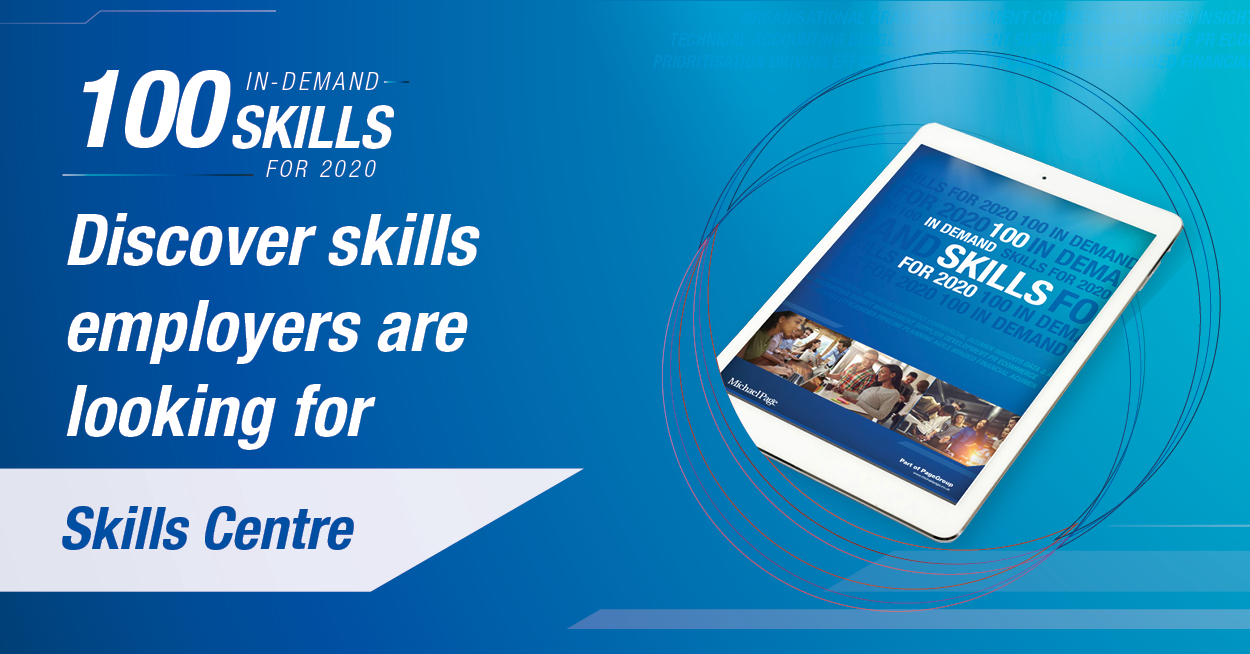 A career in the public sector is one that many professionals choose to explore due to the very nature of the sector, providing professionals with the opportunity to make a positive difference.
A career in the public sector is one that many professionals choose to explore due to the very nature of the sector, providing professionals with the opportunity to make a positive difference.
To better attract and retain talent from a more diverse group of professionals, with unique experiences and skill sets, Civil Service introduced the Success Profile Framework as a process to assess candidates for roles. This is a shift away from using a competency-based system of assessment to a more flexible framework.
The aim of this is to ensure the best chance of finding the right person for the job, driving up performance, and improving diversity and inclusivity.
The framework assesses professionals based on five key areas which determine their suitability for particular roles:
- Behaviours – actions and activities that result in effective performance
- Strengths – what individuals do regularly, well, and what motivated them
- Ability – aptitude or potential to perform to the required standard
- Experience – mastery of an activity or subject gained through exposure
- Technical – specific professional skills, knowledge, or qualifications
Behaviours
To excel in the public sector, it is key that professionals demonstrate the core behaviours that underpin success in the roles they are applying to. Behaviours can be observed and measured, enabling employers to predict how well an individual would perform in the role.
Strengths
In assessing the strengths of a candidates, employers can determine whether an individual is a good fit for the organisation based on what they enjoy doing, and what they do well and often. Those who are hired into roles that are a good fit in terms of their strengths are more like to enjoy their role and perform well.
Key behaviours and strengths for the public sector
There are nine behaviours that are assessed under the framework, each of which will mean different things depending on the level of the role. Key strengths can also be aligned with these behaviours but will ultimately depend on the role that is being advertised.
1. Seeing the big picture
Challenger, strategic, mission, visionary
2. Changing and improving
Adaptable, improver, courageous, change agent, problem solver, resilient
3. Making effective decisions
Analytical, decisive, preventer, problem solver
4. Leadership
Confident, change agent, inclusive, motivator, team leader, visionary
5. Communicating and influencing
Authentic, emotionally intelligent, explainer, inclusive, influencer
6. Working together
Challenger, emotionally intelligent, inclusive, negotiator, networker, relationship builder, team player, mediator
7. Developing self and others
Enabler, explainer, inclusive, learner
8. Managing a quality service
Disciplined, efficient, focused, organised precise, prevented, service focused
9. Delivering at Pace
Adaptable, catalyst, disciplined, focused, organiser, reliant, responsible
To explore the specific behaviours of a professional at each level, or the definition of each strength, you can access all the Success Profiles here.
Ability
Testing an individual’s ability for a role is key in any sector, but again this is used as a measure to predict future performance.
The most common tests used in the Civil Service are:
• Verbal Reasoning Test (VRT) - to assess your verbal capabilities.
• Numerical Reasoning Test (NRT) - to assess your numerical capabilities.
Experience
Assessing an individual’s experience is much more tangible, as this explores examples of what an induvial has previously achieved or areas of knowledge in a field that are relevant to the role. However, the focus of this assessment is on performance not on the length of time in a past role.
Experience is typically assessed based on a candidate’s application form, CV, or interview.
Technical
Specialist positions in the public sector require an additional assessment to ascertain that a candidate possesses the necessary skills, knowledge or qualifications for the role.
One example of a specialised role is a job in Government Finance, this may require candidates to have accountancy qualifications and knowledge of the way Finance is managed within Government.
To assess technical skills, employers may look at an individual’s application form, CV or further explore competencies in an interview. However, more in-depth assessments might include:
- Technical presentations and exercises
- Technical test(s)
- Presentation
- Work sample(s)
- In-tray exercise
- Job-related simulation
- Oral briefing exercise
- Written analysis/exercise
- Assessment centre
To find out more about how we can support your hiring processes and source the right talent for your team, get in touch with your local Michael Page Public Sector team. If you would like to explore your career opportunities in the public sector, sign up to MyPage to make the most of our Job Match tool.
Dominic Tivey
Business Manager, Michael Page Government and Transport
